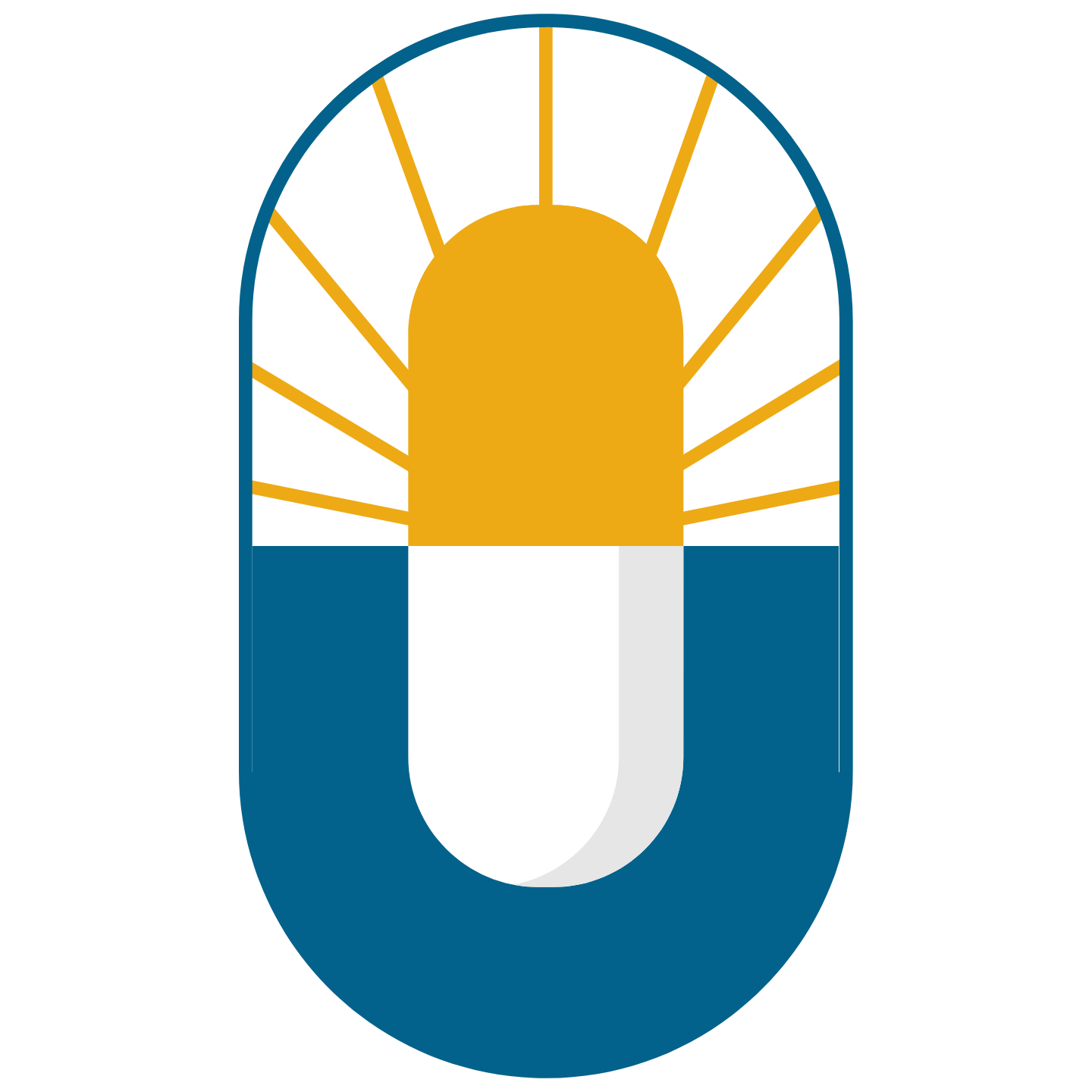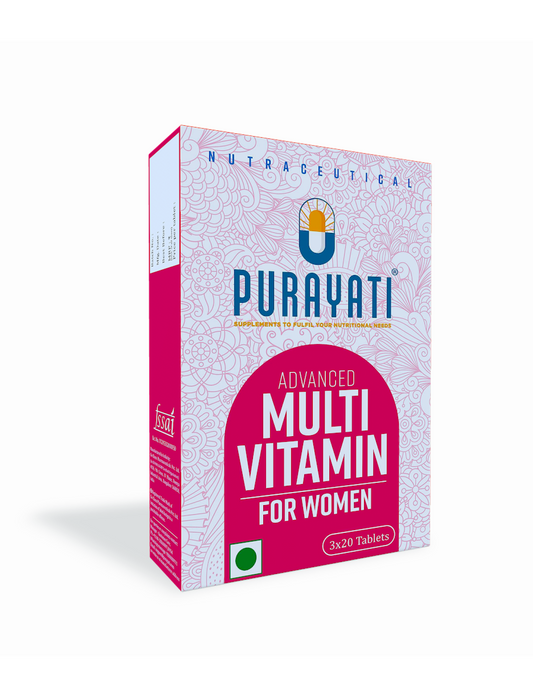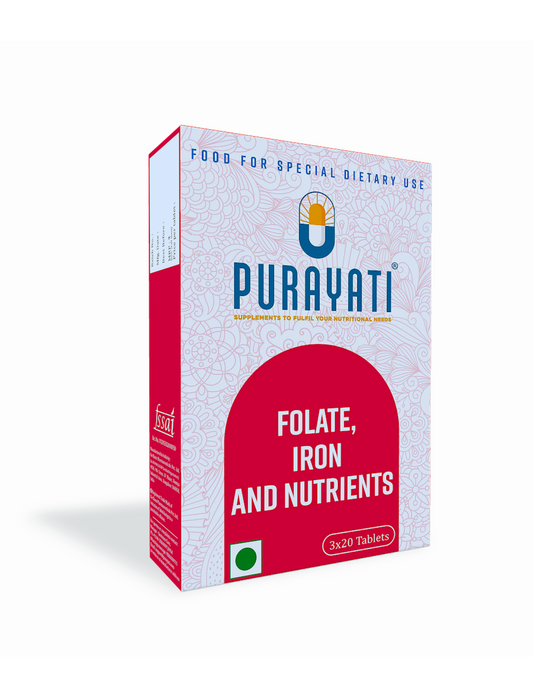As the years march on, our bodies undergo a fascinating journey of change. While some changes are subtle, others can significantly impact our overall health and well-being. One area that deserves particular attention is nutrition. Our dietary needs evolve with age, requiring adjustments to ensure we're fulfilling our body's unique demands.
Why Nutrition Matters for Aging Well
As we age, the following physiological changes occur, including:
- Decreased muscle mass: This natural decline necessitates a higher protein intake to maintain muscle strength and prevent sarcopenia, a condition characterized by muscle loss and weakness.
- Bone health concerns:The risk of osteoporosis increases with age, making adequate calcium and vitamin D intake crucial for preserving bone density and reducing fracture risk.
- Changes in digestion:Age-related changes in the digestive system can lead to constipation, nutrient malabsorption, and other digestive issues. Adjusting fiber intake and choosing foods that are easier to digest can offer relief.
- Cognitive function: Maintaining cognitive function becomes increasingly important as we age. Specific nutrients, such as omega-3 fatty acids and B vitamins, play a key role in supporting memory, focus, and brain health.
- Immune system weakening:The immune system naturally weakens with age, making individuals more susceptible to infections. Eating a diet rich in fruits, vegetables, and other immune-boosting foods can offer protection.
| Click Here to know Unlocking the power of natural ingredients |
Dietary Considerations for Different Age Groups
The specific nutritional needs of older adults can vary depending on their age group:
65-74: People in this age-category may still require a relatively high calorie intake to maintain energy levels and support physical activity. Focus on whole grains, fruits, vegetables, lean protein sources, and healthy fats.
75-84: Calorie needs may decrease slightly due to reduced physical activity levels. Protein intake remains crucial for muscle health.
85+: People face challenges with appetite and digestion. Nutrient-dense meals and snacks that are easy to digest are essential.
Essential Nutrients for Healthy Aging
While a balanced diet is paramount, specific nutrients deserve special attention during the aging process:
- Protein: Aim for 0.8 grams of protein per kilogram of body weight per day. Good sources include lean meats, fish, poultry, dairy products, beans, lentils, and tofu.
- Calcium: 1,200 milligrams per day are recommended for adults aged 51-70 and 1,500 milligrams for those above 71. Choose calcium-rich foods like milk, yogurt, cheese, leafy green vegetables, and fortified foods.
- Vitamin D: 600 international units (IU) per day are recommended for adults up to age 70 and 800 IU for those above 71. Exposure to sunlight helps synthesize vitamin D, and dietary sources include fatty fish, egg yolks, and fortified foods.
- Vitamin B12: Absorption of this vital vitamin can decline with age. Consider fortified foods or supplements to ensure adequate intake.
- Folate: 400 micrograms per day are recommended for adults. Good sources include leafy green vegetables, fruits, beans, and fortified cereals.

Dietary Strategies to Support Healthy Aging
Here are some practical tips for incorporating the above recommendations into your diet:
- Focus on whole, unprocessed foods: These provide essential nutrients without the added sugar, sodium, and unhealthy fats found in processed foods.
- Eat a rainbow of fruits and vegetables: These are packed with vitamins, minerals, antioxidants, and fiber, all vital for optimal health.
| Click Here to know more about Eat a Rainbow |
- Choose lean protein sources: These provide essential amino acids for muscle building and maintenance.
- Include healthy fats in your diet: These provide essential nutrients for brain health, heart health, and satiety. Opt for sources like olive oil, avocado, nuts, and seeds.
- Stay hydrated: Drinking plenty of water is crucial for overall health and digestion. Aim for eight glasses of water daily.
- Health Supplements: A multivitamin or individual supplements fill nutritional gaps, especially for individuals with specific health conditions or limited dietary intake.
By prioritizing nutrition and making informed dietary choices, you can empower yourself to age gracefully and maintain optimal health for years to come.






